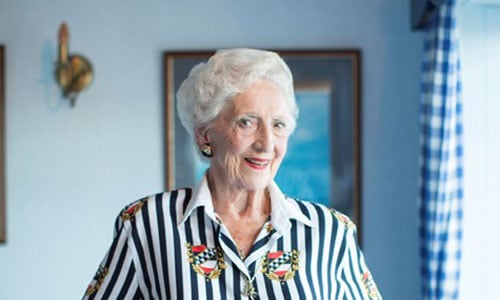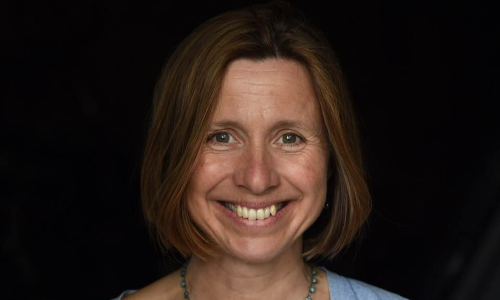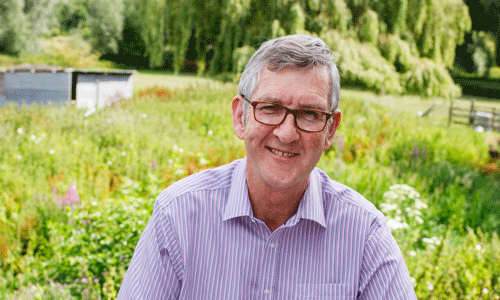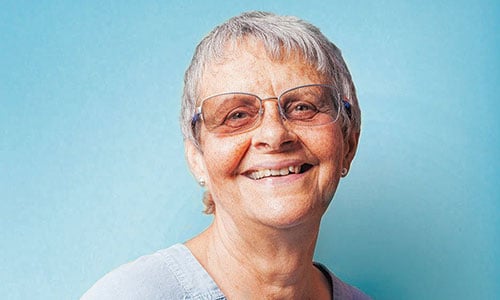Like many of us, scientist Andrew Steele is fascinated by ageing and its effects. Unlike most of us, he’s taken that interest a few steps further by writing a book on the subject.
In Ageless: The New Science of Getting Older Without Getting Old, Andrew examines how slowing down or reversing the ageing process is “the ultimate extension of modern medicine”. But would we want a cure for ageing? And if we do, what does our enthusiasm for such an advance say about how we view later life?
“Treating ageing, the root cause of suffering at the end of life is the most efficient way of giving people a greater quantity of healthy life,” says Andrew of a topic he became distracted by towards the end of his Physics PhD, and which he knows many view as the stuff of science fiction. “Fundamentally, it’s not much different from any other kind of medicine.”
“The coronavirus pandemic has had us poring over death statistics every day,” he continues, acknowledging the climate in which the book has been released. “This has brought home the burden that older people are bearing and how hard it must be to isolate away for months and months. Because it’s been an acute news event that none of us have been able to take our eyes off for the last 12 months or so, I really hope it can transform attitudes in a way that the slow burn of ‘regular’ ageing hasn’t been able to.”
Trying to reverse ageing has long been a cosmetic preoccupation, so why is the idea of something more comprehensive so frightening?
“People are really keen to slow their cosmetic ageing, it’s a market worth billions and billions of pounds, and yet when you talk to people about actual biological interventions, reactions are often quite hostile. While there’s something benign about, say, skin cream, but there’s not about medicine that could treat the underlying causes of our skin wrinkling, and at the same time make your brain or arteries more youthful. It’s a really surprising piece of cognitive dissonance.”
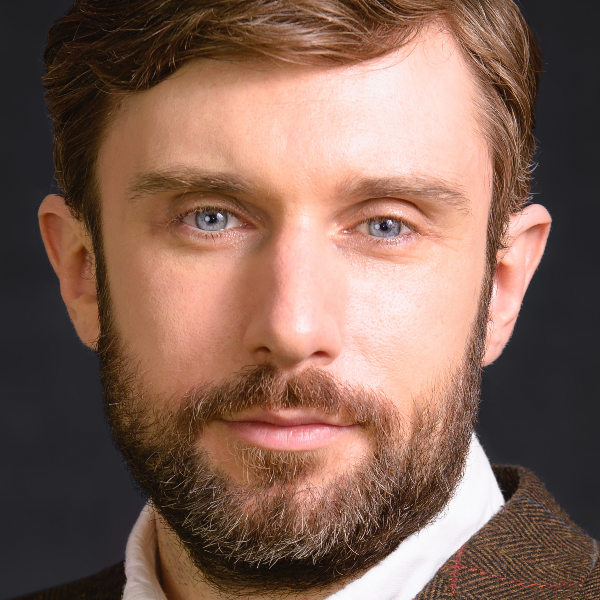
There are dozens and dozens of ways to not only extend the lifespan, but extend the healthspan too, so people could stay healthier for longer.
What were the biggest revelations writing the book?
“I’d been reading about this area for years before writing the book, so I was aware of the large number of ways there are to treat ageing medically. What really surprised me and made me optimistic, though, was when I realised just how many positive results there are to slow down and reverse the ageing of organisms in the lab.”
“There are dozens and dozens of ways to not only extend the lifespan, but extend the healthspan too, so people could stay healthier for longer. It’s exciting that there are dozens and dozens of different approaches, we’d have to be wildly unlucky for none of these leads to come to anything in terms of translating it into humans. I’m therefore really confident that something is going to be available to slow down or reverse ageing, potentially in the next 10 years.”
What would you say to those who say that the eventual deterioration in our health is a reminder of life’s fragility and prepare us for death?
“I completely disagree with that viewpoint. I can’t imagine any decision I’ve ever made being driven by the fact I’m going to suffer and die later in my life. I really think that most of us, most of the time, live our lives in a short-term way. There’s a great deal of evidence that people don’t save enough for their pensions, for example. I think people say these things to lend death a kind of false poetry to come to terms with these terrible things present within the history of our species. But you could have made the same argument 150 years ago about tuberculosis. I don’t think it stands up to scrutiny.”

I really think that most of us, most of the time, live our lives in a short-term way.
If the next medical frontier becomes extending human life to a greater extent, and the quality of that life, wouldn’t that end up changing our relationship with death?
“If the book was about cancer instead, and examined how we were going to be able to cure cancer in the next 10 years, then that would extend life and change our relationship with death too. The only difference between that and ageing research is that ageing research can tackle many of these diseases all at once. It’s not necessarily the case we’re all going to live to 200 or 'cure death’. It’s tempting to imagine this grand, sweeping transformation of society, but it’ll actually be something more mundane —healthier, longer lives, which I think it something most people would welcome!”
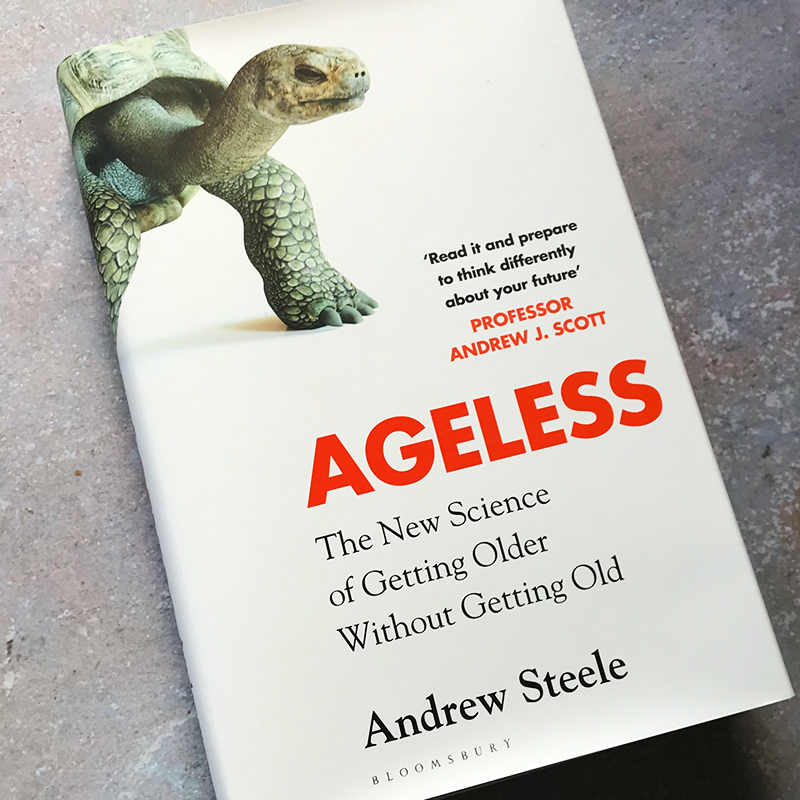
The book’s likening of ageing to a disease may be distasteful for many. Is there a reason it’s discussed in those terms?
“I’m not sure we should call ageing a disease, which is something I allude to at one point in the book, though I largely sidestep that discussion. I can really see the case that we don’t want to be telling everyone over the age of 50 that they’re effectively diseased just because they were born longer ago. I do find that distasteful and can see why people would take offence to that.”
“That being said, I’m not someone who’s obsessed with definitions. One commonly used definition of a disease, amongst other criteria, is that it has to affect less than half of the population, otherwise it’s just something that happens. That to me seems absolutely crazy, especially if you think about coronavirus. If the coronavirus pandemic got so out of control it affected more than 51% of the population, would it cease to be a disease?”
“I think ultimately we should do whatever will accelerate this work the most quickly. The pragmatic argument for calling it a disease, though it’s not necessarily something I’d subscribe to, is that regulators currently find it very hard to approve a drug that slows down or reverses the ageing process by deferring diseases into the future. They can approve a drug for a specific disease, though, like cancer of dementia. If calling ageing a disease in the formal regulatory sense allows these drugs to be approved, then I’d be able to deal with that.”
Even with these advances, we’d still need to live healthy lives and be mindful of the usual things — a healthy diet, drinking in moderation, no smoking — and vaccinations, which is timely…
“Absolutely, and for now what sounds like quite basic health advice is some of the best stuff we can do. The other piece of good news is that studies show it’s never too late to start these things—I came across some papers in which 90-somethings were given exercise programmes, and their health improved dramatically.”
“What I found quite compelling as I wrote the book is that all of these tips for healthier living seem to slow down the ageing process itself. Vaccinations are quite a surprising example, because we usually take them just for the short-term benefit of not catching or transmitting a particular infectious disease, but there’s a really interesting theory that one of the reasons many people are arriving in their 70s and 80s in better health today than they were, say, 50 or 100 years ago, is because they’ve had fewer infections over the course of their life, reducing the inflammation their bodies have experienced. Vaccines, of course, help with this, thus providing an added incentive on top of avoiding nasty illnesses like COVID, or flu.”
Do you think you’ll write a follow up to the book, given how quickly things are developing in this area?
“I probably will write another book, though I’m not sure it will be on exactly this topic, it might be something adjacent. The key thing I want to do is to raise the profile of this field of research and make it mainstream. Ageing and its effects is the single largest cause of human suffering. There was a survey in the US in 2013 that said that 90% of people hadn’t heard anything about the idea of slowing or reversing the ageing process as a medical treatment.”
“And while I think things have probably improved a little in the intervening years, I think most of the exciting news and developments have been consigned to the scientific rather than the popular press. I want to persuade voters, policymakers and other scientists that there are meaningful contributions to be made.”

The key thing I want to do is to raise the profile of this field of research and make it mainstream.
Is there something to be said for breaking up the benefits of these advances, to focus on specific areas, such as cognitive decline, to make this less overwhelming?
“I think that’s a fantastic idea. The reason I focus on ageing writ large is because one of the problems we have with modern medicine and biomedical research is that it’s done in silos. If you talk about cancer, you’ve got oncologists in hospitals, chemotherapy and radiotherapy, but those treatments and drugs aren’t used for any other diseases. The cancer researchers so rarely talk to the heart researchers, who rarely talk to the dementia researchers, they’re all beavering away in their respective areas of expertise.”
“I think the best way to tackle all of these things, whether it’s cognitive decline or risk of specific diseases, is to tackle the underlying biology behind the ageing process because that’s what causes all of these things. The thing that freaks people out when you mention tackling ageing is that it instantly paints a bonkers picture of immortality and questions about overpopulation that you’d never get if you were a cancer researcher. The thing I try to communicate in the book is that when I talk about ageing, I’m not talking about 500 year old people; it’s actually focusing on the best way to address these individual challenges. Breaking it down into the individual components really changes how people view it.”
Ageless: The New Science of Getting Older Without Getting Old is out now via Bloomsbury Publishing.



